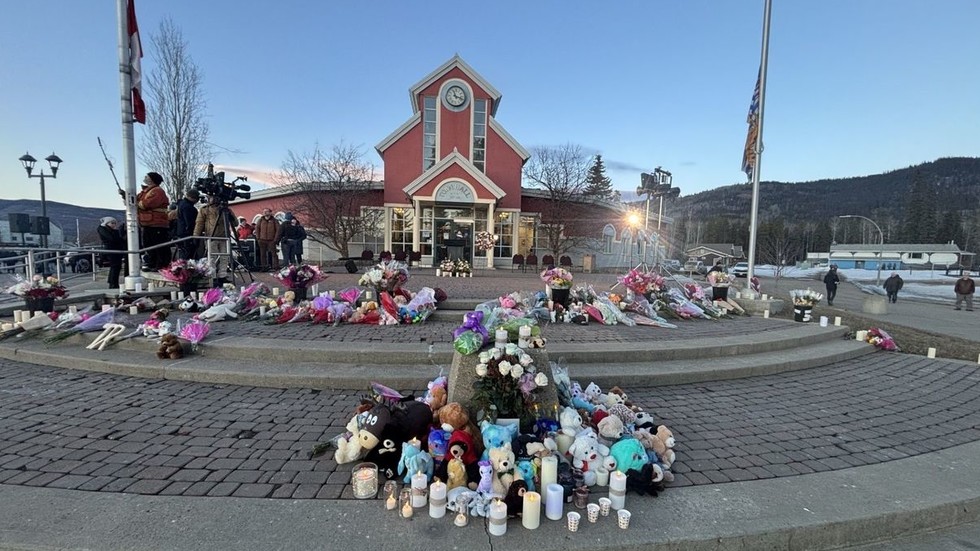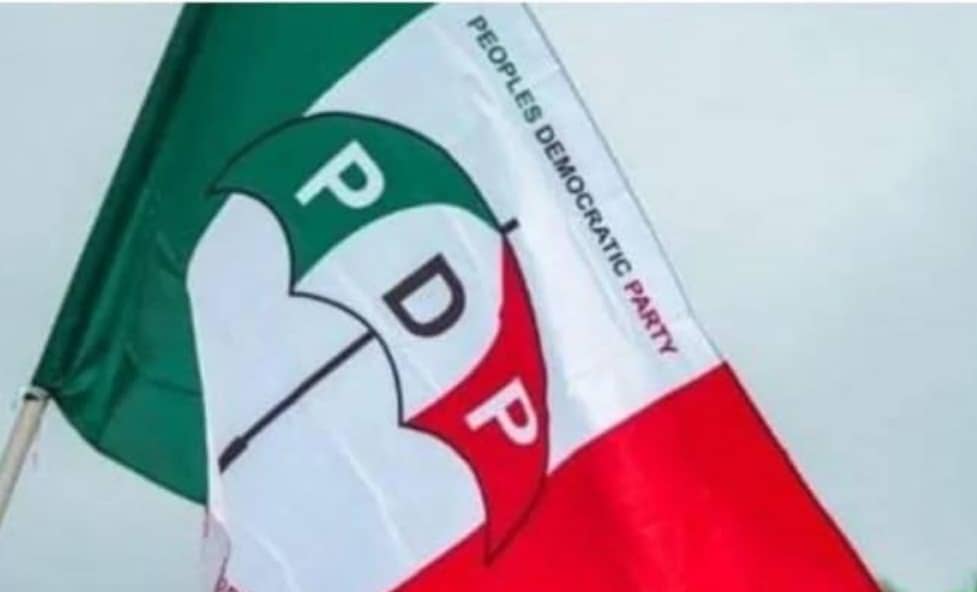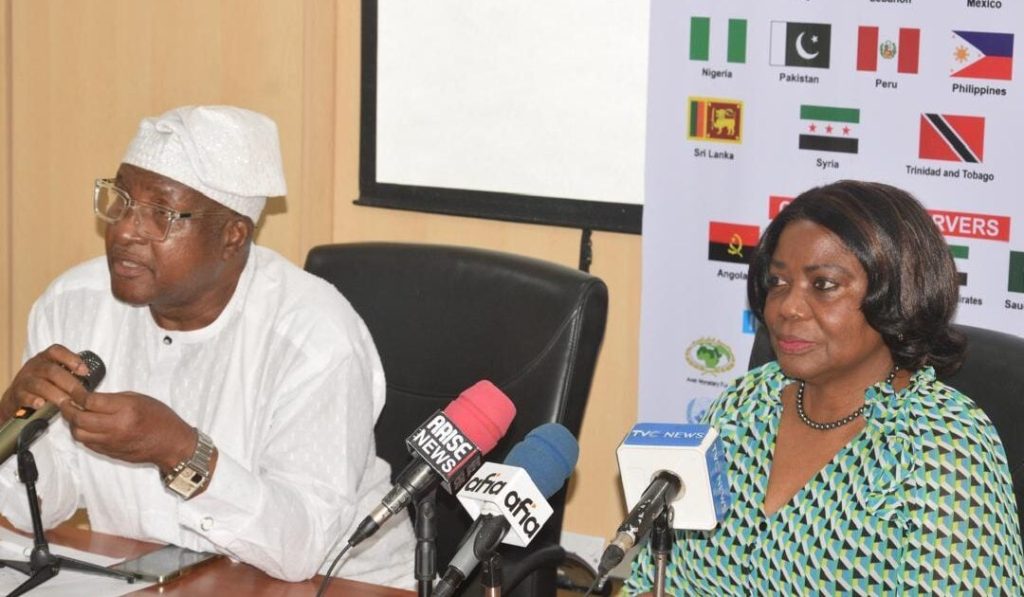South Africa’s President Cyril Ramaphosa has reaffirmed his country’s support for a two-state solution to the Israeli-Palestinian conflict, amid ongoing violence in Gaza. Speaking at a United Nations General Assembly summit, Ramaphosa emphasized the need for a contiguous Palestinian state to exist alongside Israel, with East Jerusalem as its capital. He noted that this solution is essential for achieving peace and self-determination in the region.
The summit, co-chaired by France and Saudi Arabia, aimed to generate renewed support for a two-state solution, which has been the foundation of international efforts to resolve the conflict. Ramaphosa stated that Israel’s actions have resulted in “disproportionate punishment” against the Palestinian people, underscoring the urgency of creating a Palestinian state. He also commended countries that have recently recognized Palestinian statehood, including the United Kingdom, Canada, Australia, and Portugal, as well as France, Belgium, Monaco, Luxembourg, and Malta, which made their announcements during the summit.
The recognition of Palestinian statehood by these countries is a significant development, as it indicates growing international support for the Palestinian people’s right to self-determination. However, the move is likely to have limited impact on the ground, given the entrenched positions of Israel and the United States, which oppose Palestinian statehood. The Israeli ambassador to the UN described the summit as a “circus,” and both countries boycotted the gathering.
The Israeli-Palestinian conflict has persisted for nearly as long as the UN has existed, with numerous attempts at a resolution yielding little progress. Ramaphosa emphasized the need to remove obstacles to a two-state solution, including the halt of illegal Israeli settlements and the removal of the separation wall. Despite the challenges, the recent recognition of Palestinian statehood by several countries marks a significant moment in the pursuit of peace and self-determination in the region.
The international community’s renewed focus on the Israeli-Palestinian conflict comes as the situation in Gaza continues to deteriorate. The conflict has resulted in significant humanitarian suffering, and a lasting resolution is essential for achieving stability in the region. As the international community continues to grapple with the complexities of the conflict, the recognition of Palestinian statehood by an increasing number of countries may ultimately contribute to a shift in the diplomatic landscape, paving the way for a more comprehensive and sustainable solution.



